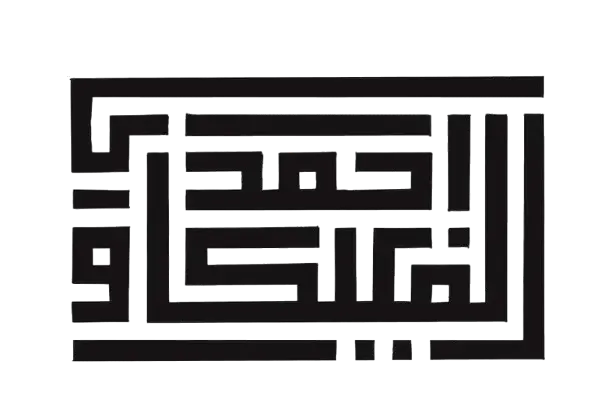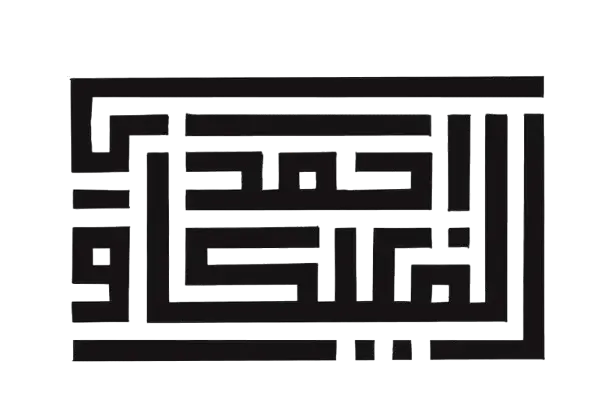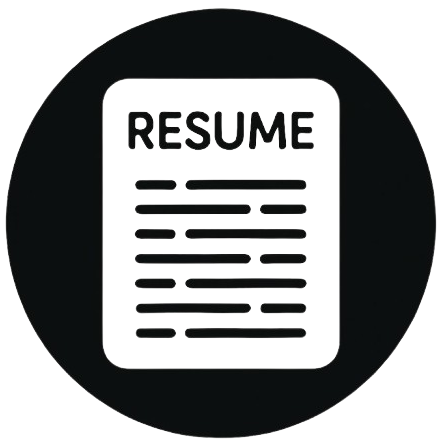A soft marginalization… that leads to silent exclusion.
In an era where curricula are distributed via “express delivery” and educational policies are cooked up behind closed doors, the very bearer of the mission—the teacher—is sidelined into a mere executor rather than a partner in building.
He is summoned only at the moment of implementation… but excluded when the plans are being drawn.
Tell me, can a pen write without the paper’s consent? That is how the future of our children is sketched—without consulting the one who holds the chalk. Conferences are convened, initiatives launched, strategies declared… yet the teacher is absent.
Were they told the curriculum had changed? Were they invited to help choose the tools? Or were they simply informed later—because, after all, they are “the last to know”?
A study published in Teaching and Teacher Education revealed that 72% of teachers in the Middle East said they were never consulted when curricula were changed, while 65% were forced to apply new technologies without any prior training.
What kind of fairness is it to throw a teacher into the field—stripped of participation, yet burdened with the blame?
Imagine a surgeon walking into the operating theatre only to discover the team had changed and the protocol had been rewritten without his knowledge—then being held responsible if the operation fails!
Teachers are held accountable every day because they are the face of the system… but who wrote the script? Who set the stage directions, chose the equipment, fixed the timetable, and decided that success would be a lone individual’s burden?
We ask the teacher to be: educator, motivator, administrator, technician, counselor, legal expert, digital facilitator… and yet never ask his opinion!
It is as if we say to him: “Be everything… except yourself.” We demand his physical presence while denying his intellectual presence. We load him with the failures of an entire system, then exclude him from repairing it—and afterwards we innocently wonder why the spark has faded from his eyes.
A teacher is not an execution device; he is a pedagogical mind that deserves to be heard, embraced, and invested in.
How many brilliant educational ideas have been aborted simply because they came from a classroom teacher without an elite title! And how many pseudo-reforms have collapsed because they were designed above the heads of those in the trenches!
In any system that sidelines the teacher, quality suffocates inside its own slogans.
Real education is not governed solely from upper offices, but from the hearts that teach—from the lessons, the classrooms, the chalk whose voice may have grown faint but whose imprint endures.
Yes, there are negligent teachers… but who clipped their wings? Who shrank their dreams? Who pushed them to the margins?
Shall we blame the candle for melting—or the room that has no window?
Policy-makers, do not demand perfection from teachers while isolating them. Do not hold them accountable for curricula they never wrote, nor for outcomes of decisions they never shared in.
If you truly wish to reform education, do not reform it over the teacher’s head—reform it through him.
Begin by adding a single chair to every planning table—one inscribed: “For the Teacher.”
Restore his voice, his dignity, and his rightful place in the story.
For he is not the last to know… he is the first to teach.



